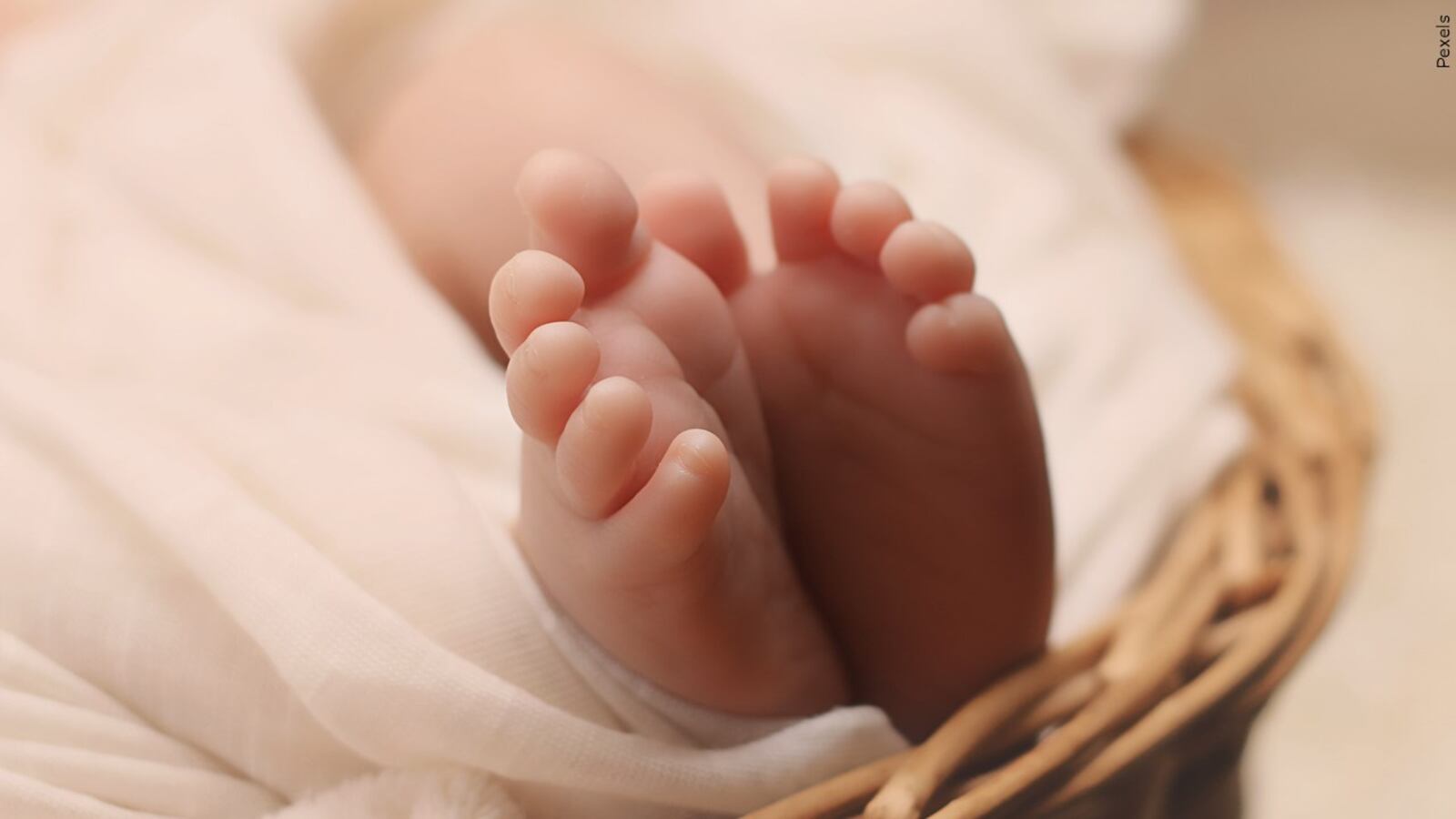
Concern about the falling birth rates has forced the government to put together a package of incentives to persuade couples to have children, preferably at a younger age. President Nikos Christodoulides announced incentives worth €50m on Monday night in the hope of raising the fertility rate, which he said posed an “alarming demographic problem.”
It is indeed an alarming problem that is being felt all over the EU. Cyprus’ fertility rate has been dropping since 1992 when it was 2.46 per woman. In 2022 it was 1.31, well below the replacement level of 2.1. The EU average stood at 1.46, with fertility rates decreasing in half the member states in the last 20 years. This is not an exclusively European problem as China is also facing a low fertility rate despite scrapping the one-child policy several years ago.
The government hopes to reverse the trend with cash incentives such as a €200 monthly payment to mothers under 30; childbirth allowance increasing with every child, starting from €1,000 for the first, €1,500 for the second and €2,000 for the third. The number of families receiving child benefits will be expanded while those with five children or more will no longer be income-tested for benefits. IVF treatment will also be subsidised by the state.
Christodoulides, who said the demographic problem was a major challenge requiring the mobilisation of the state and society, also announced, on top of maternity leave, an increase in parental leave for a second and third child. The government would also try to expand the opening hours of nurseries and day-care centres and eventually introduce all-day primary schools. “The demographic recovery of the country is a top national priority for us,” he said expressing confidence that “we will achieve this ambitious national goal.”
While his optimism was commendable, there is a major obstacle that might be very difficult to overcome – a change in lifestyle. As the president said, in the last 20 years, “the average fertility rate per woman has decreased and the average age when women give birth to their first child has gone up.” More and more women want to have a career and enjoy financial independence, rather than be stuck at home looking after children whose needs take up most of the family’s income.
We are not saying this is right or wrong, but it is the trend. Perhaps couples are becoming more selfish, enjoying the income and free time that are significantly reduced by having children. Having children is a costly business and fewer couples can rely on the support of the extended family for childcare as had been the case in the past. An idea that the government should perhaps consider as part of its policy for more state support for childcare, which is a big drain on the finances of families without a support network.
It is very difficult to say what will work because this is a complicated matter that no country has managed to find a solution for. The government has to keep trying out solutions because the consequences for the country and the economy will be very difficult to manage.


